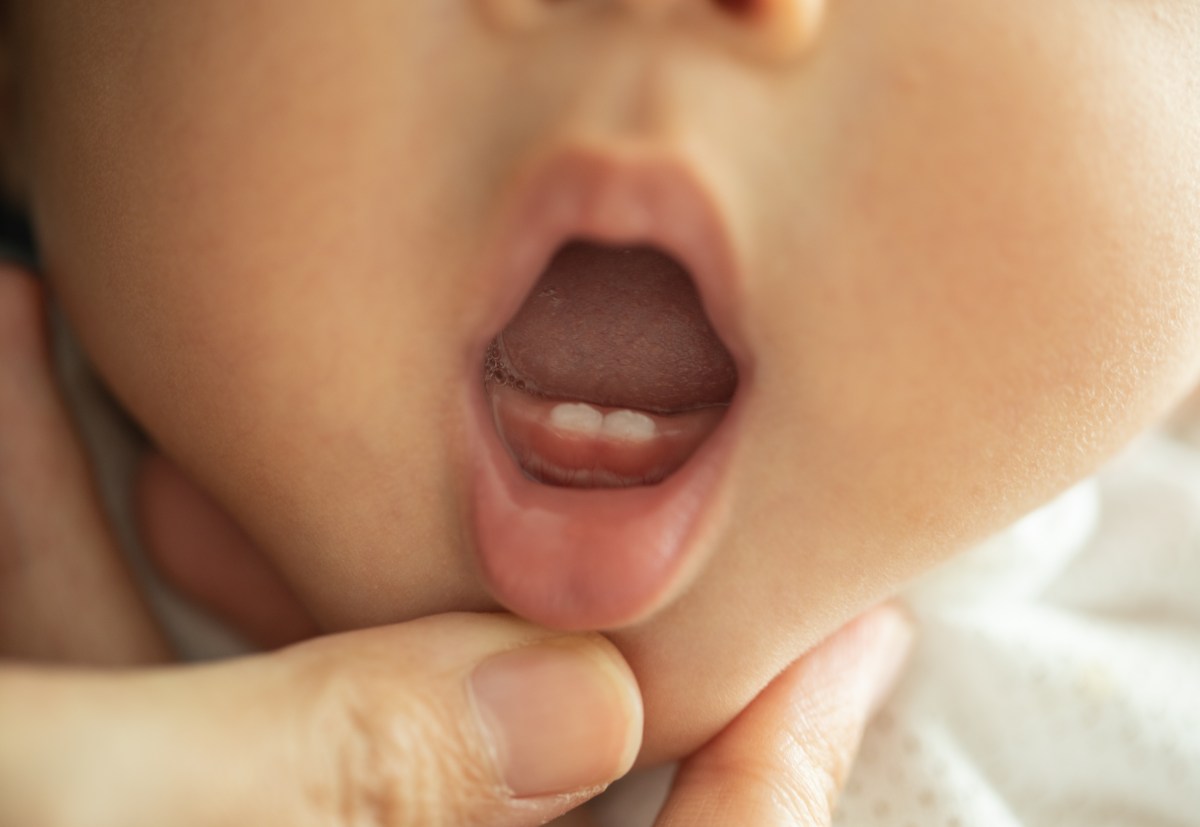URGENT UPDATE: A groundbreaking study from the University of Rochester reveals a startling link between a mother’s stress levels during pregnancy and the timing of her baby’s first teeth. Researchers found that infants born to mothers with elevated levels of the stress hormone cortisol often start teething several months earlier than their peers. This significant discovery was published in the journal Frontiers in Oral Health.
The study focused on 142 women from disadvantaged backgrounds in the U.S., tracking their cortisol levels during late pregnancy through saliva samples. The results were striking: by the age of 6 months, babies whose mothers had the highest cortisol levels had, on average, four more erupted teeth than those with the lowest levels. This finding underscores the urgent need to address maternal stress during pregnancy, as it could have lasting implications for child development.
Lead author Dr. Ying Meng, an associate professor at the University of Rochester’s School of Nursing, stated, “A mother’s higher levels of stress-related hormones, particularly cortisol, during late pregnancy are associated with the earlier eruption of primary teeth in her infant.” The researchers suggest that elevated cortisol may disrupt essential biological processes like fetal growth and mineral metabolism, which are crucial for bone and tooth formation.
Typically, babies begin teething around 6 months of age and complete their set of 20 primary teeth by age 3. However, this study adds a new dimension to the understanding of prenatal stress, indicating it may alter this developmental timeline significantly.
Cortisol’s influence on mineral metabolism, including the regulation of calcium and vitamin D, is particularly concerning. These nutrients are vital for proper tooth and bone mineralization. Dr. Meng elaborated, “High maternal cortisol during late pregnancy may alter fetal growth and mineral metabolism, including the regulation of levels of calcium and vitamin D—both essential for mineralization of bone and teeth.”
While the study did note minor associations with other hormones like estradiol, progesterone, and testosterone, cortisol emerged as the most critical factor impacting early teething. This connection reinforces the growing body of evidence suggesting that stress during pregnancy can have measurable effects on a child’s developmental trajectory.
The implications of this research are profound. As mothers-to-be manage their stress levels, they may not only impact their well-being but also their child’s health and development. Future studies are set to explore which biological pathways are most affected and whether early tooth eruption could indicate broader developmental acceleration.
Dr. Meng emphasized the need for continued research, stating, “We still have key questions that need answering. For example, which maternal hormones or downstream developmental pathways drive the change in the timing of tooth eruption… and what such speeding up says about a child’s general health?”
As this research unfolds, it highlights the urgent need for support systems that help expectant mothers manage stress effectively, ensuring healthier outcomes for both mothers and their children. Stay tuned for further updates on this developing story as researchers delve deeper into the implications of these findings.
